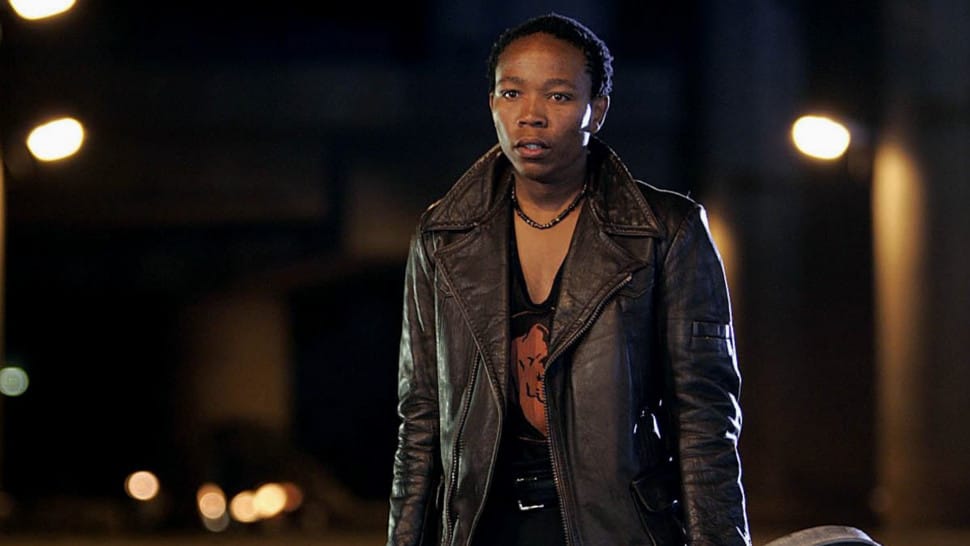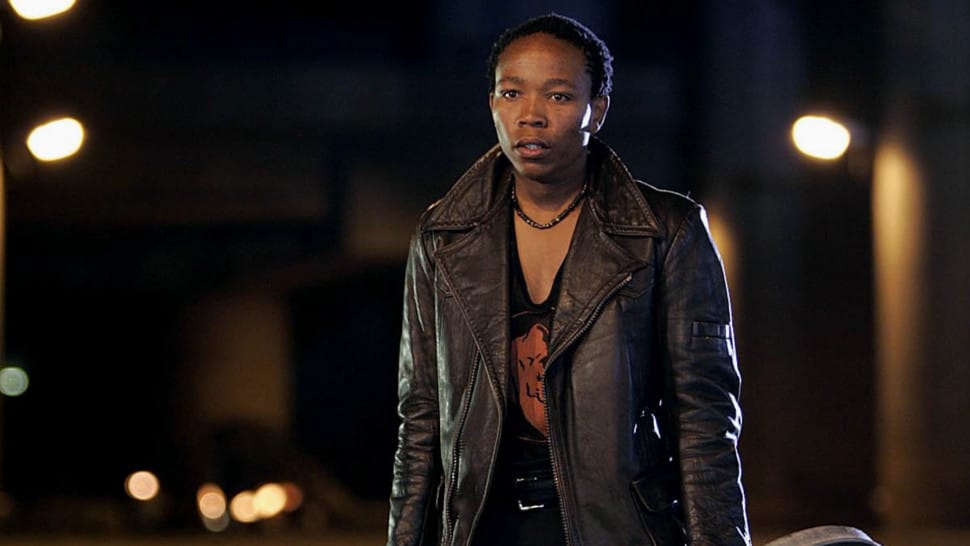Should stories strive for universality?
The perpetual coming of age in Tsotsi (2005)

It's no wonder the crime genre has defined and continues to shape South Africa's reputation on the global stage. Because in this country, the crime stories write themselves.
The scariest encounter I had with crime was, relatively speaking, a tame one. I had never been left alone at home until I was around seventeen (a consequence of overprotective parenting as opposed to anything else). On one of those rare occasions, I had been alone in the house for less than an hour when the doorbell rang.
I had no plans of answering it, more out of debilitating social anxiety than a sense of personal safety. So I peeked through a window that was out of sight from the front gate and saw a white car I didn't recognise. It could only be an unannounced family member, I thought. Still, I left it unanswered.
The doorbell rang again. And again.
But it was no longer separate attempts — it was incessant. The person was holding their finger on the button so that the jingle didn't even have time to finish before starting back up again. Then, a man came into view. He began lifting the two-metre-high (and wide) metal gate from its track.
Before panic could even set in, I ran for the security remote, which up until then had been a mere ornament on my bedside table. The alarm blaring across the property managed to scare the gang off before a line of emergency response cars pulled up outside. Later that same day, an alert on the neighbourhood news reported that a resident had been attacked in their house during an armed robbery down our street.

Contemporary South African films and shows that reach platforms like Netflix are intrinsically tied up in the crime genre, regardless of their primary plot. Even those that don't appear to be crime thrillers on the surface, such as Netflix's Blood and Water, cannot disentangle themselves from the social contexts in which they play out. And although these trends speak to the country's everyday reality, it's been disappointing to see these narratives increasingly veering towards Hollywood tropes — becoming more like an American story told through South African characters, languages, and settings.
But twenty years ago, a rather unique South African crime thriller made waves both locally and internationally. Tsotsi is a 2005 film adaptation of the only novel written by renowned South African playwright Athol Fugard. It follows a few days in the life of Tsotsi (meaning "thug" or "gangster") who, during a seemingly routine robbery, unintentionally kidnaps a small baby and must confront an internal moral dilemma. Tsotsi received global critical acclaim and went on to become South Africa's second nomination and first win at the Academy Awards for Best Foreign Language Film in 2006.
In his Oscar acceptance speech, director Gavin Hood not only handed over the spotlight to his young leading actors, Presley Chweneyagae and Terry Pheto, but also concluded with this comment about international cinema: "We may have foreign language films, but our stories are the same as your stories. They are about the human heart and emotion." This sentiment was also expressed long before the film's historic Oscar win. When Tsotsi premiered at the 2005 Edinburgh International Film Festival, Hood told Cinéaste that Tsotsi is a "universal" coming-of-age story about a character's redemption.
When these types of descriptions are attributed to a story from or about Africa, it does raise an eyebrow. There's an expectation that stories from beyond Hollywood (and the West more broadly) should model themselves on Western conventions to have the chance of international reach. In an article dissecting Tsotsi's narrative, Rita Barnard writes that the changes made in Tsotsi's film adaptation directly appeal to these expectations by presenting a "commodity" for "comfortable" consumption by overseas audiences.
Although Hood's adaptation radically departs from the inciting and concluding events of Fugard's novel, I do see a valuable case for these decisions despite appearing to undermine the source material. While Fugard wrote his book during South Africa's apartheid era, Hood adapted it through a post-apartheid lens, choosing to root his protagonist's backstory in one of South Africa's most prevalent contemporary concerns: the HIV epidemic. However, this shift in context doesn't take away from the film's awareness of the class struggle underlying Tsotsi's story.

In response to the criticism that Tsotsi's screen adaptation is overly sentimental, Hood claims that the film does not intend to be a work of "pure realism". Instead, it is a fable. "It's terribly patronising to think of Africa only as an Oxfam commercial," Hood told Cinéaste, "or to only see Africa with a begging bowl."
In my eyes, there is always something radical to be found in pushing back against the homogenous image of Africa as a suffering continent that is often not allowed to envision itself beyond the West's projected realism. Sure, Tsotsi's adaptation may be serving Western palates, but it does so in a way that is, at its core, South African. For a country that is still very much finding its feet as a democracy, hope is oftentimes all there is to hold onto. And with Tsotsi's open-ended final shot, the film not only captures that hopeful longing for positive change but also reflects a country that is in what feels like a perpetual coming-of-age state.
To return to Hood's assertions about Tsotsi's universality, I can only express empathy. This is a filmmaker who was likely interrogated at every corner about why American and European audiences and critics, who tend to expect others to bend in their favour, should care about the story of a young South African gangster. Now, twenty years since Tsotsi's premiere, we must continue carving space for African stories to be told without needing to pander to what outsider eyes consider to be relatable.
If you’ve found value in reading The Kulturalist, consider clicking the button below to support my work. Your generosity keeps the words flowing. Thank you for being here!





Comments ()